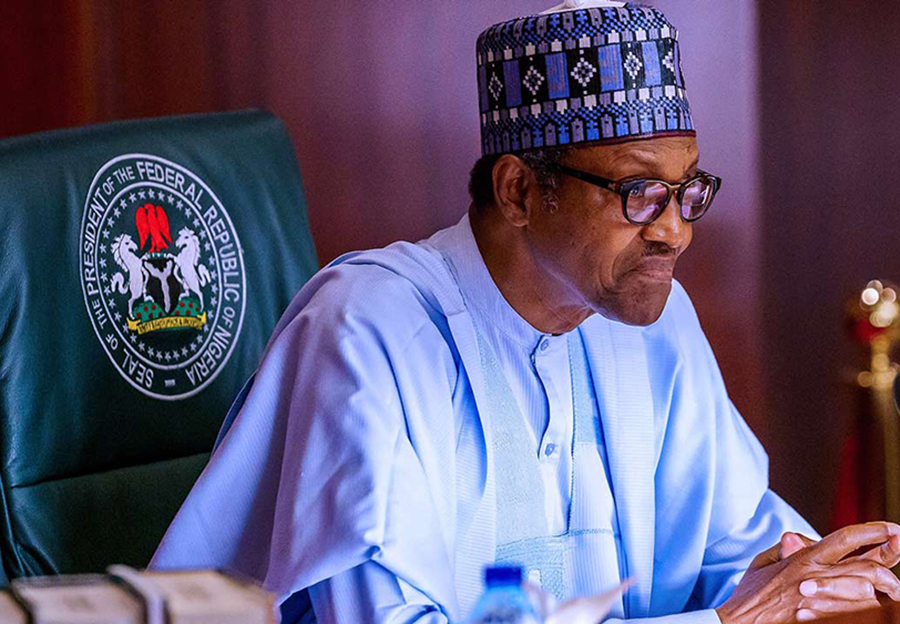Recently, President Muhammadu Buhari submitted the 2021-2023 Medium Term Expenditure Framework (MTEF) and Fiscal Strategy Paper (FSP) to the National Assembly wherein the Federal Government has proposed N12.66tn as aggregate expenditure for the 2021 fiscal year, which is 17% higher than the revised budget for 2020 (N10.81trn). The key underlying assumptions upon which the proposal is based include oil price benchmark of US$40 (2020 revised; US$28), daily crude oil production of 1.86 million barrels (2020 revised; 1.80mbpd) and exchange rate of N360/US$1 (same as 2020 budget).
The President noted that the early submission of the proposal is to enable the National Assembly set the motion for the eventual presentation of the 2021 national budget. We note that this is consistent with the FG’s resolve to ensure the nation’s budget is within the January – December fiscal year referred to as an organic budget calendar. We recall that the 2020 budget which was presented by the President on 8 October 2019 is the earliest presentation date since 2014 while the time interval of 2 months between the presentation date and assent date is also the shortest since 2014.
READ MORE: Jaiz Bank reports 45.3% profit increase in H1 2020, involved in 21 litigations
Although the full details of the document is yet to be made public, local media reports quoted that the proposal for 2021 targets Non-debt recurrent expenditure of N5.75tn (24% higher than the 2020 revised budget of N4.63trn) and capital expenditure of N3.33tn (70% higher than the 2020 revised budget of N1.96trn) and debt servicing cost of N3.12tn (6% higher than the 2020 revised budget of N2.95trn). We think the substantial increaase in Non-debt recurrent is reflective of continued upward pressures on personnel costs given the hike in minimum wage. On the other hand, the expected increase in capital expenditure is an expansionary move to amplify spending on capital projects and support the recovery of the economy.
READ MORE: Debt profile: Bankruptcy looms, Obasanjo warns FG
Notably, the fiscal deficit for the 2021 fiscal year was projected at N5.16tn (2020 revised estimate; N5.2trn), which the FG intends to finance with borrowings of N4.28trn while the balance would be from internally generated revenues. In our view, the fiscal deficit stands to increase materially if the crisis becomes prolonged and revenue consolidation measures remain underwhelming. Since the economy slipped into recession in 2016, sub-optimal
performance in revenue targets and ballooning expenditures have forced the government to rely heavily on borrowings to finance its fiscal deficit. This has led to a surge in the nation’s debt burden with its attendant impact on debt servicing costs, raising concerns on debt sustainability. In Q1 2020, debt service to revenue ratio stood at an all time high of 99.2%. With the devaluation of the local currency, we expect pressures from servicing external borrowings to keep debt servicing cost elevated in the medium term. As such, we believe the government will need to take strict measures such as complete elimination of subsidies, consolidation of government agencies with overlapping functions and reduction of public sector scale to curb expenditure.
READ MORE: Trading on Nigerian equities has dropped by 44%
CSL Stockbrokers Limited, Lagos (CSLS) is a wholly owned subsidiary of FCMB Group Plc and is regulated by the Securities and Exchange Commission, Nigeria. CSLS is a member of the Nigerian Stock Exchange.











